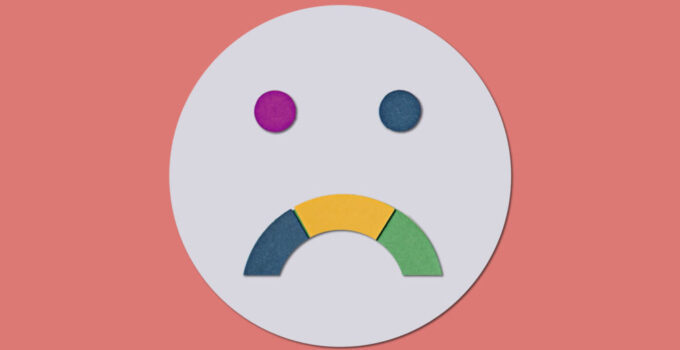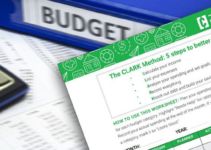If you’re noticing something wrong with your credit score and asking yourself “why has my credit score dropped”, then you’re not the only one to experience this. Credit scores are known for fluctuating a little bit over time, but if you notice a consistent downward trend or a huge drop, then there may be something else that’s wrong.
When it concerns your credit score, it could be due to the data in one of your credit reports from TransUnion, Equifax, or Experian. However, credit scores falling could be due to several reasons, and some of those reasons could be more serious than others.
Here are some of the common reasons as to why the credit score dropped:
Page Contents
1. You Missed or Have Late Payments
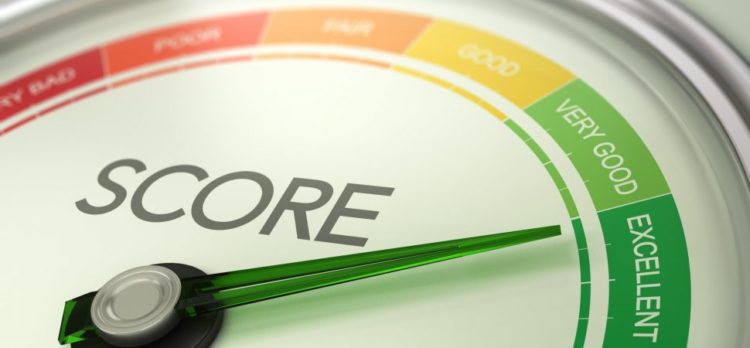
source:inc.com
The most essential aspect of your credit score is your payment history, which accounts for 35% of your FICO score. If there is a reason why your credit score dropped 100 points, this may be it. There’s nothing that could sink your credit score faster than falling behind on your credit balance payment after 30 days.
When you’re late on payments, the creditors will report this misdemeanor to at least one of the three main credit bureaus, evidently causing your credit score to drop. And if you’re late for more than 60 or 90 days, then the consequences to your score will be even worse.
Instead of asking questions like “how is this possible” or “how could I have not known,” just pay immediately. As soon as the money has reached your creditor, call them up and ask if you can be forgiven for this unfortunate blunder, if it is your first time that is. Of course, there’s no guarantee that it may work, but there’s no harm in trying. And if the creditor doesn’t report your delinquent payment to any of the credit bureaus, your credit reports won’t be negatively marked for seven years.
These days, one of the best ways to ensure you get your payments done on time is by setting up automatic payments for credit cards and loans.
2. Your Credit Utilization Went up

source:unsplash.com
Credit card debt can also highly influence your credit scores. That’s because the credit scoring models are dependent on the relationship between credit limits as well as balances, which is also known as your credit utilization or debt-to-limit ratio. If the debt-to-limit ratio on your credit card increases, the credit scores will decrease.
To get out of this rut, you have to ensure your balance is paid off in full every month just so heavy interest fees don’t get attached to them. But if you wait to pay your credit card balance precisely on the due date, you still face high utilization for the next month. In that case, you should make the payment right before your account’s statement closing date. This way, the balance that is reported to the major credit bureaus for the next month also stays low.
3. The Balance Is Higher Than Is Supposed to Be

source:unsplash.com
One of the times you might notice your credit score dropped no reason is when you put unexpected expenses on your credit card(s). As you know, credit utilization is a crucial factor in credit scoring or how much credit limit you’re utilizing. The general rule of thumb is that you should be using 30% of that limit at the most for any card and the lower the percentage, the better your score will be.
You should pay the high balances as soon as possible so you can get back to using only a small fraction of your credit limit. Either that or you could put out a request for a higher credit limit. Be sure to ask your creditor if this can be done without any “hard inquiry” on your credit as they could also cost a couple of points.
If you live in Ontario and you don’t want your credit score to plummet, then we suggest you head over to Loans Geeks to get the proper guidance you need.
4. You Closed an Old Account
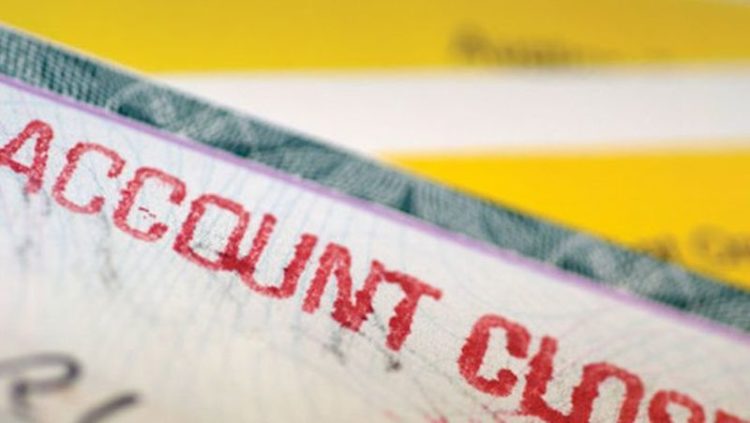
source:newsable.asianetnews.com
It may surprise you to know that closing old credit card accounts can also negatively affect your credit scores. It seems a little counterintuitive, right? Well, let us shed a little light on that.
Since one of the important factors for calculating credit scores is the age of your credit history, you may lower the average age of your credit accounts by closing your oldest credit card account.
Of course, this doesn’t mean you can never close your old credit account, you just need to be a little cautious about how you close it. You should also know that closing an old account could also increase your credit utilization rate, thereby reducing your overall credit score.
5. A Collection Account Got Added to Your Credit Report
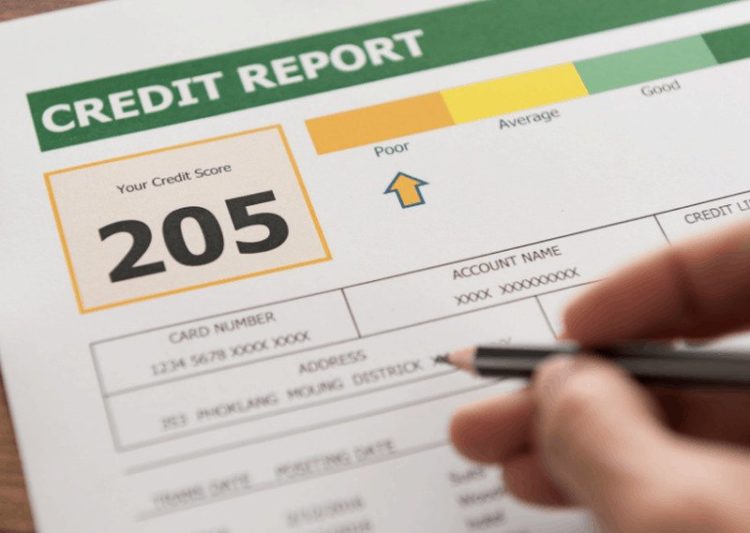
source:imoney.my
A collection account is considered by credit scoring models to be incredibly derogatory on your credit report. It may even considerably increase your credit risk level, depending on the rest of your report.
This is where people usually ask “why has my credit score dropped for no reason?”, and if that’s the case, it may be because a collection account could have been added to your credit report without your permission or by mistake.
6. One Of Your Credit Limits Was Reduced
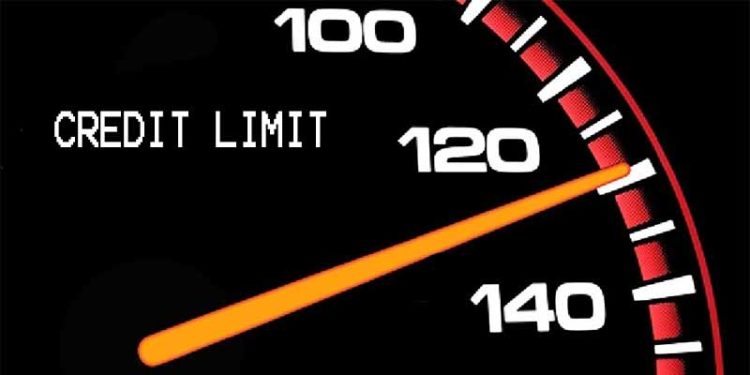
source:imoney.my
Like having your credit cards maxed out, lowering your credit limit can negatively impact your credit scores as well as increase your credit utilization ratio. If for instance, $10,000 was your total credit limit and $4,000 was the balance you carried, then your utilization ratio would have been 40%. If that limit was reduced to $8,000, with a balance remaining the same, the utilization ratio would have been changed to 50%. In other words, your credit score would decline.
But whether your credit balances are increasing or your limits are declining, you can get a better idea about the state of your credit score if you keep monitoring your credit utilization ratio.

